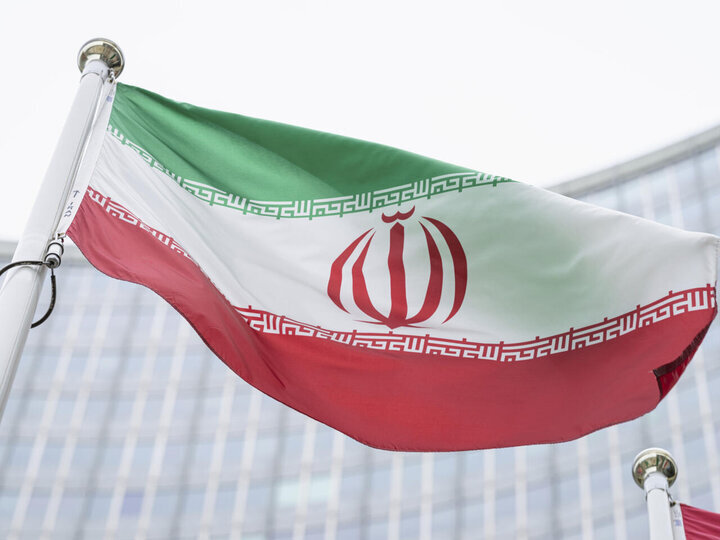
Similar Posts
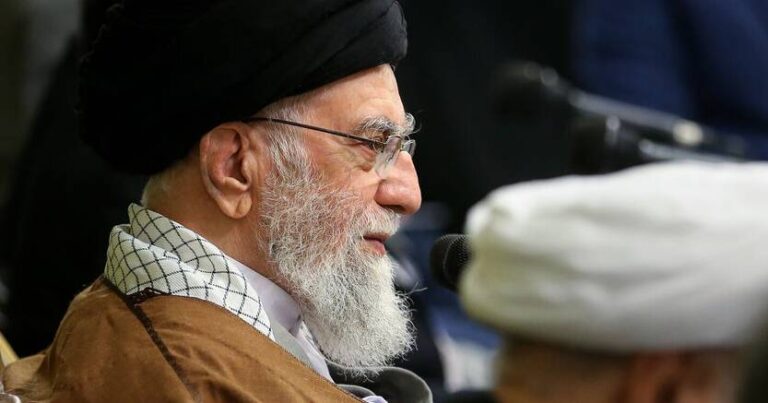
Tehran’s Tactic: Leveraging War Fears to Tighten Domestic Control
Escalating tensions between Iran and the U.S., driven by President Trump’s ultimatum for a nuclear deal, may bolster Tehran’s ruling elite amid rising public dissent. Supreme Leader Ali Khamenei dismissed talks with Trump, emphasizing Iran’s capability to retaliate against U.S. threats. State media promotes a narrative of impending conflict, aiming to unify the populace through fear. Amidst economic struggles and public discontent, officials may exploit the threat of war to suppress protests. The Islamic Republic positions conflict as both a defensive necessity and a means of intimidation, using military posturing to shape domestic perceptions while facing significant challenges.
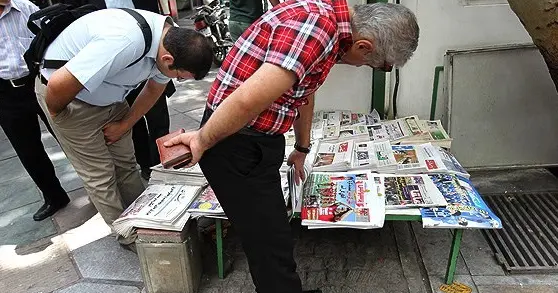
Tehran Newspapers Divided: Unraveling the Causes Behind the Port Explosion
Tehran’s morning newspapers presented divergent views on the explosion at Rajaei port, reflecting significant political divides. Conservative outlets like Kayhan and Javan attributed the incident to safety protocol failures, accusing foreign adversaries of spreading disinformation. In contrast, reformist daily Ham-Mihan suggested the explosion’s timing, coinciding with Iran-U.S. negotiations, indicated possible sabotage linked to foreign entities, including proxies. The ongoing investigation remains crucial, with calls for transparency amid heated debates over the incident’s implications for safety, security, and internal politics in Iran. The event underscores the complexities of Iran’s political landscape and its international relations.
Leader Hails Relief Workers as Icons of Humanitarian Spirit
In a recent address, Ayatollah Seyyed Ali Khamenei emphasized the importance of relief workers as symbols of humanitarianism during a meeting for the National Conference in Commemoration of Martyred Aid Workers. He urged cultural initiatives to promote selflessness among Iranians, highlighting the need for impactful productions like books and films to reach 20 million people. Khamenei condemned the violence against civilians, particularly by the Israeli regime, and affirmed the duty to oppose such brutality. He praised the dedication of relief workers and called for showcasing true Iranian heroes, contrasting their compassion with Western savagery. He urged active resistance against falsehood.
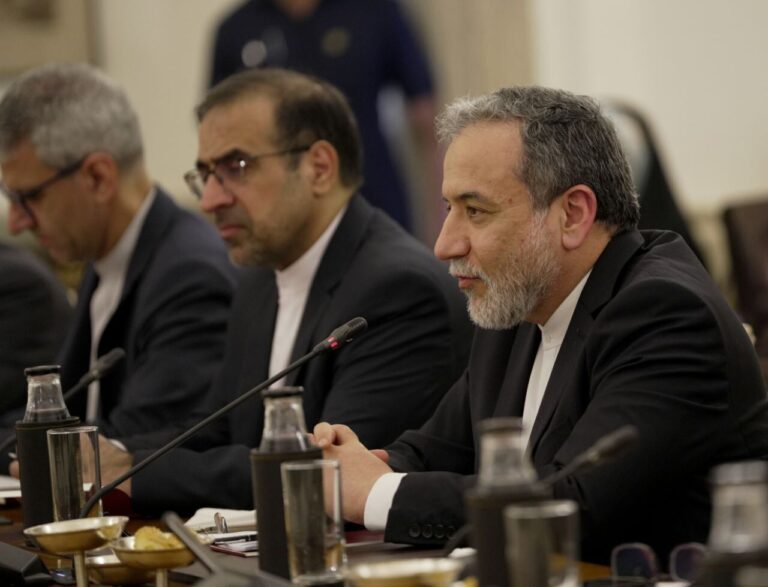
Iran-India Economic Relations Strained by Sanctions, Warns Araqchi
During the 20th session of the Iran-India Joint Commission in New Delhi, Foreign Minister Abbas Araqchi highlighted that sanctions impede the growth of economic relations between Iran and India. Co-chaired by Araqchi and India’s Foreign Minister Subrahmanyam Jaishankar, the meeting underscored the longstanding friendship based on mutual respect. Araqchi noted that current cooperation levels are below potential and expressed hope for future resolutions to sanctions. Jaishankar acknowledged progress in bilateral cooperation and emphasized the importance of the upcoming 75th anniversary of diplomatic relations, which reflects their deep cooperation and friendship. Both nations aim to strengthen economic ties despite existing challenges.
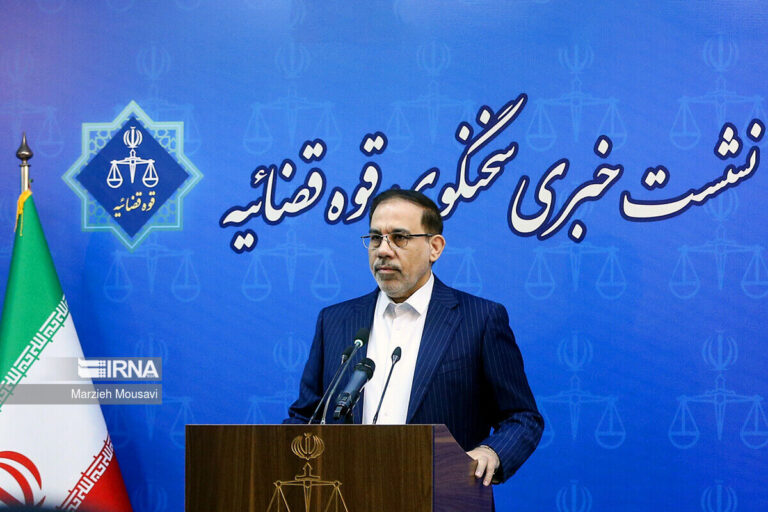
Iran Confirms Swiss National’s Suicide in Jail Linked to Military Site Photos
A Swiss national, originally from Namibia, reportedly committed suicide while incarcerated in Iran after being arrested for photographing restricted military sites. He entered Iran as a tourist in October and was apprehended for alleged collaboration with a hostile government. Iran’s Judiciary spokesman, Asghar Jahangir, detailed that the individual hanged himself using a cut curtain in a blind spot of the cell’s CCTV. Despite prompt staff response, he could not be revived. Following the incident, a Swiss embassy delegation confirmed the suicide, and the body was transferred to a forensic pathologist before being handed over to Swiss representatives.
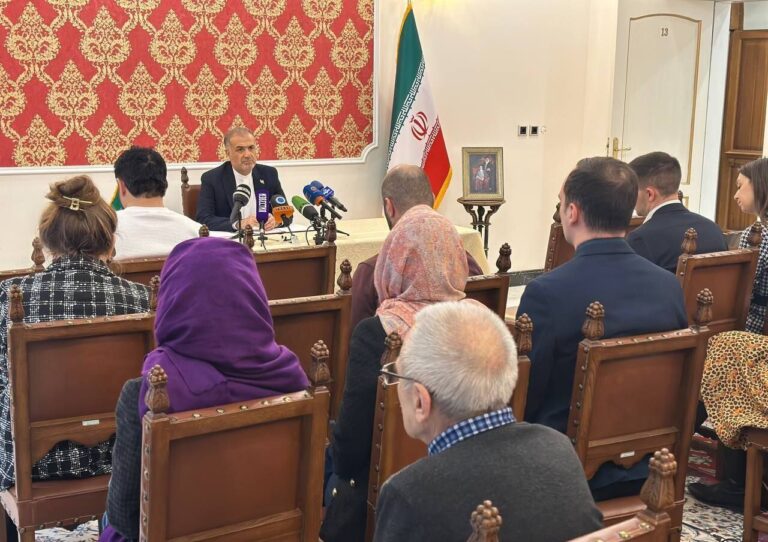
Strengthening Ties: Iran and Russia Commit to Ongoing Regional Cooperation
Iran’s Ambassador to Moscow, Kazem Jalali, announced a joint comprehensive strategic agreement that will strengthen Iran-Russia relations over the next five years. Highlighting the year 2024 as a pivotal time for cooperation, Jalali noted the exchange of political, security, and defense delegations. Key topics included the North-South International Corridor and the Rasht-Astara railroad project, set for completion by March 2025, as well as discussions on Russian gas transfers to Iran. Jalali emphasized both countries’ financial independence from SWIFT and ongoing nuclear collaboration, reinforcing the deepening partnership between Iran and Russia across various sectors.